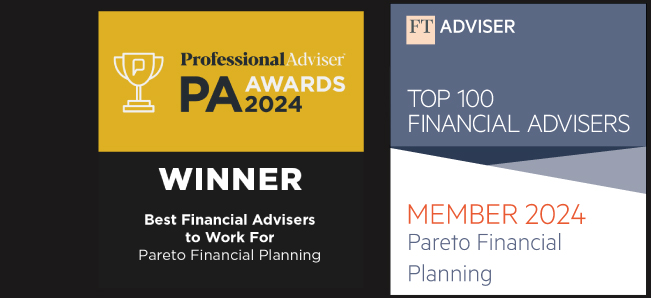The cost of living crisis, the increasing inflation rates, and the uncertainty of the economy have made it difficult for people to make ends meet in recent years. Keeping afloat has been a challenge, to say the least, and taking out credit to cover everyday essentials was the fallback plan for many people. However, as the economy hasn’t started to improve as quickly as hoped, people may have over anticipated their future financial situation. Resulting in many entering the debt cycle.
What is the debt cycle?
Indicators that you’ve entered the debt cycle include:
- Living month to month for payday
- Only being able to afford or struggle to make minimum payments
- Debt-to-income ratio is more than one-to-one
- Credit card balances rise month on month
- Not saving
Getting out of a debt cycle
Once you’ve entered into a debt cycle you may feel it’s impossible to get out, however, acknowledging that you have a problem is the first step on your journey to clear that debt.
Laying out a plan on how to clear that debt is the best start. Creating a budgeting template can be very helpful to understand your income and expenses vs the debt you owe. Other tips for breaking the debt cycle include:
- Put away credit cards – credit cards aren’t necessarily always bad, but they make it too easy to fall into a debt spiral. Put credit cards away to avoid temptation.
- Change your habits steadily – don’t just focus on big wins, small changes matter like limiting takeaways or coffees
- Cut your borrowing costs – consolidating debt with the right loan may help lower high-interest rates so more money goes to paying off the debt. Do research if you are considering doing this and make sure the interest rate is lower than what you are currently paying.
- Supplement your income – could you get a part-time job or side hustle whilst you pay off your debt – pet sitting, baking cakes, selling items you no longer need?
- Save for emergencies – sometimes, people end up in debt due to unforeseen circumstances. While that debt might be unavoidable, in many circumstances it could have been avoided by saving up in advance for emergencies.
- Seek help – If you or anyone you know is in a difficult financial situation, and you need to speak to someone, StepChange, National Debtline and Citizens Advice are all charities which offer free independent advice and can help ease anxiety and help you get back on track.
Personal circumstances differ and not all of this information is applicable to every client and/or their business, this information is general in nature and should not be relied upon without seeking specific professional financial advice.
The Financial Conduct Authority (FCA) does not regulate tax advice, estate planning, trusts or will writing.
The content in this article is for your general information and use only and is not intended to address your particular requirements. Articles should not be relied upon in their entirety and shall not be deemed to be, or constitute, advice.
Although endeavours have been made to provide accurate and timely information, there can be no guarantee that such information is accurate as of the date it is received or that it will continue to be accurate in the future. No individual or company should act upon such information without receiving appropriate professional advice after a thorough examination of their particular situation. We cannot accept responsibility for any loss as a result of acts or omissions taken in respect of any articles.
Thresholds, percentage rates and tax legislation may change in subsequent finance acts. Levels and bases of, and reliefs from, taxation are subject to change and their value depends on the individual circumstances of the investor. The value of your investments can go down as well as up and you may get back less than you invested. Past performance is not a reliable indicator of future results.
Pareto Financial Planning Limited is authorised and regulated by the Financial Conduct Authority (FCA).
